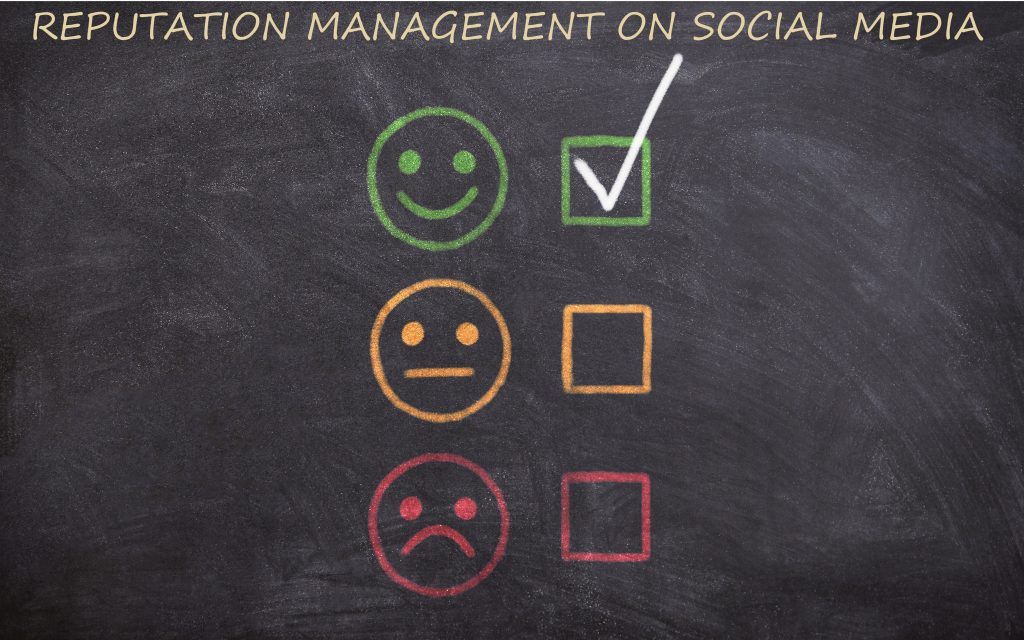
Email communication is essential for small businesses to effectively connect with customers, build trust, and streamline operations. Choosing the right email platform, creating professional email templates, managing email campaigns, and implementing email security best practices are crucial for small business success. In this article, we will explore the importance of email communication for small businesses and provide key takeaways to help small business owners optimize their email strategies.

Building trust and credibility is crucial for small businesses. It is important to establish a strong reputation and gain the trust of customers and clients. One way to do this is by providing excellent customer service and promptly responding to inquiries and concerns. Consistency in communication is key, as it shows reliability and professionalism. Additionally, delivering on promises and meeting customer expectations can help build trust and credibility. By consistently providing high-quality products or services, small businesses can establish a positive reputation and gain the trust of their target audience.
In the digital age, small businesses must leverage email to maintain a direct and effective line of communication with their customers. Email communication is not just about sending messages; it's about creating a dialogue that fosters strong relationships. To achieve this, businesses should focus on clarity, responsiveness, and personalization.
Clarity is crucial in email communication. Customers appreciate when their inquiries are met with concise and understandable responses. This not only saves time for both parties but also reduces the likelihood of misunderstandings. Responsiveness is equally important; a prompt reply can be the difference between a satisfied customer and one who feels neglected.
Personalization adds a touch of care to customer interactions. By addressing customers by name and referencing past interactions, businesses can make customers feel valued and important. Below is a list of practices that can enhance customer communication via email:
Tip: Always proofread your emails before sending them to avoid errors that could detract from your professionalism and credibility.
Streamlining business operations is crucial for small businesses to improve efficiency and productivity. By optimizing processes and eliminating unnecessary steps, businesses can save time and resources. One way to streamline operations is by implementing automation tools that can handle repetitive tasks, such as email management and response. These tools can help businesses stay organized, ensure timely communication, and reduce the risk of human error. Additionally, integrating email platforms with other business tools, such as customer relationship management (CRM) systems, can further streamline operations by centralizing data and facilitating seamless workflows.

When choosing the right email platform for your small business, it's crucial to understand your specific needs and requirements. Consider factors such as the size of your business, the number of employees, and the volume of emails you expect to send and receive.
Evaluate your current email communication process and identify any pain points or areas for improvement. This will help you determine the features and functionalities that are essential for your business.
Additionally, consider the scalability of the email platform. As your business grows, you may need to accommodate a larger number of users and increase your email storage capacity.
To assist you in making an informed decision, here is a table comparing some popular email platforms:
Remember, the right email platform should align with your business needs and provide the necessary tools to enhance your email communication.
When comparing email platforms for your small business, it's important to consider several factors. Cost is one of the key considerations, as different platforms offer various pricing plans and features. It's essential to choose a platform that fits within your budget while providing the necessary functionality.
Another factor to consider is integration. Look for an email platform that seamlessly integrates with other tools and software your business uses, such as customer relationship management (CRM) systems or e-commerce platforms. This integration can streamline your workflow and improve efficiency.
User interface is also an important aspect to evaluate. A user-friendly interface can make it easier for you and your team to navigate and utilize the platform effectively. Look for platforms that offer intuitive design and easy-to-use features.
Lastly, security should be a top priority. Ensure that the email platform you choose has robust security measures in place to protect your sensitive business and customer information. Look for features such as encryption, spam filters, and two-factor authentication to safeguard your data.
When choosing the right email platform for your small business, there are several key features to consider. These features can greatly impact the effectiveness and efficiency of your email communication. Here are some important factors to keep in mind:

Designing a consistent brand identity is crucial for small businesses. It helps create a strong and recognizable image that customers can easily identify with. A consistent brand identity includes elements such as a logo, color scheme, typography, and tone of voice. By maintaining consistency across all communication channels, including email, small businesses can build trust and credibility with their audience.
When it comes to writing engaging email content, it's important to grab the reader's attention right from the start. One effective way to do this is by using bold formatting to highlight important keywords or phrases. This helps to make the content more scannable and allows the reader to quickly grasp the main points.
In addition to using bold formatting, it's also helpful to use italics for subtle emphasis where needed. This can help to add emphasis to certain words or phrases without overwhelming the reader.
To present structured, quantitative data, it's recommended to use a Markdown table. Tables are a great way to organize and present data in a clear and concise manner. Ensure that the table is formatted correctly in Markdown to maintain readability.
For less structured content, such as steps or a series of related items, a bulleted or numbered list can be used. Lists help to break up the content and make it easier for the reader to follow along.
Remember, the goal of writing engaging email content is to capture the reader's attention and keep them interested in your message. By using formatting techniques like bold and italics, as well as utilizing tables and lists when appropriate, you can create content that is both visually appealing and informative.
Personalizing email templates is crucial for creating a personalized and engaging experience for your recipients. By customizing your emails to fit the needs and preferences of your audience, you can increase open rates and improve overall engagement. Here are some tips to help you personalize your email templates:
Remember, personalization goes beyond just addressing the recipient by name. It involves tailoring the content and messaging to resonate with each individual recipient.

Segmenting your audience is a crucial step in email marketing. By dividing your subscribers into smaller groups based on their demographics, interests, or behavior, you can tailor your email campaigns to their specific needs and preferences. This personalized approach increases the chances of engagement and conversion. Here are some strategies to effectively segment your audience:
Setting clear goals and objectives is crucial for the success of email campaigns. Without clear goals, it becomes difficult to measure the effectiveness of your campaigns and make necessary adjustments. When setting goals, consider what you want to achieve with your email campaigns, whether it's increasing sales, driving website traffic, or building brand awareness. Objectives should be specific, measurable, attainable, relevant, and time-bound (SMART). Here are some tips to help you set clear goals and objectives for your email campaigns:
Analyzing the performance of your email campaigns is crucial for understanding the effectiveness of your marketing efforts. By analyzing key metrics and data, you can gain valuable insights into the success of your campaigns and make informed decisions to optimize future campaigns. Here are some important factors to consider when analyzing email campaign performance:

Protecting sensitive information is crucial for small businesses to maintain the trust and confidence of their customers. By implementing strong security measures, businesses can safeguard their data from unauthorized access and potential breaches. Here are some best practices to consider:
Implementing strong password policies is crucial for ensuring the security of your small business's email accounts. A strong password policy helps protect sensitive information and prevents unauthorized access to your email accounts. Here are some best practices to consider:
By implementing these strong password policies, you can significantly reduce the risk of unauthorized access to your small business's email accounts.
Educating employees on email security is crucial for small businesses to protect sensitive information and prevent data breaches. By providing proper training and guidelines, businesses can ensure that their employees are aware of the potential risks and take necessary precautions to safeguard company data. Here are some key points to consider when educating employees on email security:
In conclusion, an email assistant can be a valuable tool for small businesses. It can help streamline communication, improve productivity, and enhance customer service. By automating repetitive tasks and providing personalized responses, an email assistant can save time and effort for small business owners. Additionally, it can ensure prompt and professional communication with customers, leading to increased customer satisfaction and loyalty. With the advancements in artificial intelligence and natural language processing, email assistants are becoming more sophisticated and capable of handling complex tasks. Therefore, small businesses should consider implementing an email assistant to optimize their email management and enhance their overall business operations.
Email communication is important for small businesses as it helps in building trust and credibility with customers, enables effective customer communication, and streamlines business operations.
To choose the right email platform for your small business, you should understand your business needs, compare different email platforms, and consider key features such as ease of use, scalability, and integration options.
To create professional email templates for your small business, focus on designing a consistent brand identity, writing engaging email content, and personalizing the templates to cater to your target audience.
Some tips for managing email campaigns for small businesses include segmenting your audience, setting clear goals and objectives, and regularly analyzing the performance of your email campaigns to make improvements.
To ensure email security for your small business, you should protect sensitive information by using encryption and secure email providers, implement strong password policies, and educate your employees on email security best practices.
When choosing an email platform for your small business, consider key features such as ease of use, scalability, integration options, spam filtering, mobile compatibility, and customer support.